Community Identifies Need
Color-coding school quality based on academic measures had mixed results over the past two decades in Denver. The School Performance Framework (SPF) has held schools accountable for student academic performance and growth since 2008, predating the state SPF.
It changed over time with shifting assessments and feedback from school leaders and community members. Importantly, many families found the color-coding was not reflective of their values and presented unintended consequences for children’s development (when schools were labeled ‘failing’.) Last year, DPS began an effort to reevaluate the accountability framework and convened the Reimagine the SPF committee.
Partner Response
RootED commissioned a study with the Denver Journal for Education and Community to look at the ways Denver Public School (DPS) families make decisions about their children’s education and options for schooling. The researchers – Drs. Antwan Jefferson and Plashan McCune – were interested in knowing whether the information provided to parents by DPS included what families consider valuable or important to their decision-making.
As the Board of Education prepared to deliberate on recommended changes to the School Performance Framework (SPF), the research was helpful for understanding more broadly the guidance that is useful to families, including, but not limited to, the SPF.
Impact
The report found that families rely upon a range of information sources for school choice, including from the district and individual schools but also from personal experience and their community. The research also found families find the information DPS provides is wanting. Families want to know more. What is the school like? How does it work? And how does it reflect our community context?
RootED will support the district implementation of the Reimagine SPF Committee’s recommendations numbers 2 and 3, to design a dashboard providing this information and to focus on accountability for continuous improvement around academics, whole child and school culture and climate. Read more about RootED’s key takeaways from the DJEC study here.
